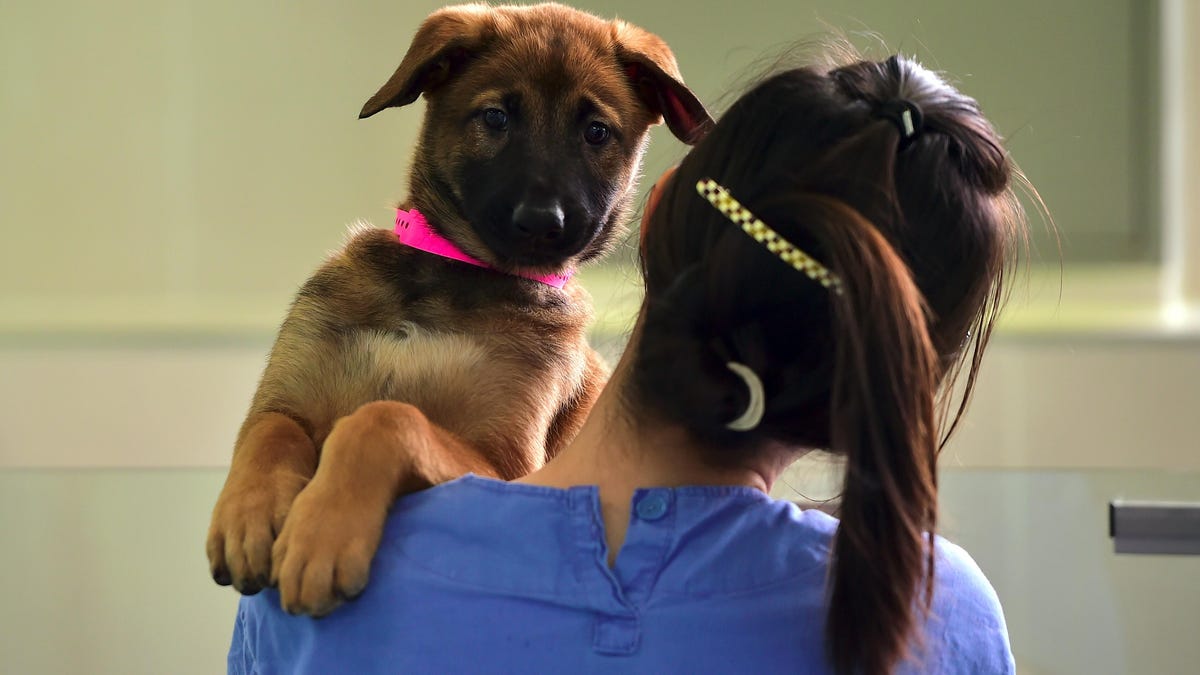South Korea offers free COVID-19 tests to cats and dogs
After a cat in South Korea tested positive for the coronavirus in January, pets in the country's capital can now get tested for free.

South Korea has dealt with COVID-19 well, having reported fewer than 1,500 deaths from the coronavirus. But after a spike back in December, the country is adding one more precaution. Seoul, South Korea's capital city, will now offer free COVID-19 tests for cats and dogs, reports Yonhap News.
The cause for alarm isn't just the December spike, but also the country's first reported case of an animal carrying the coronavirus. A house cat tested positive on Jan. 21, according to South Korea's Disease Control and Prevention Agency.
Pets will need to have shown fever, coughing or breathing difficulties to be eligible for testing. If the test comes up positive, pets will have to quarantine at home for 14 days. This is a precautionary measure, said Korean disease control official Park Yoo-mi, since there's no evidence COVID-19 can transmit from pets to humans.
COVID-19 can infect our companion animals, but cases remain rare. The first feline cases in the US came last April, when two cats in New York were found to be infected. It's not just domesticated animals that are vulnerable, though, as in January several gorillas at the San Diego Zoo Safari Park tested positive for coronavirus.
Though the coronavirus can, in some rare instances, transmit from human to pet, the US Centers of Disease Control and Prevention says the virus going the opposite way is highly unlikely. "Based on the limited information available to date, the risk of animals spreading COVID-19 to people is considered to be low," the CDC says.

